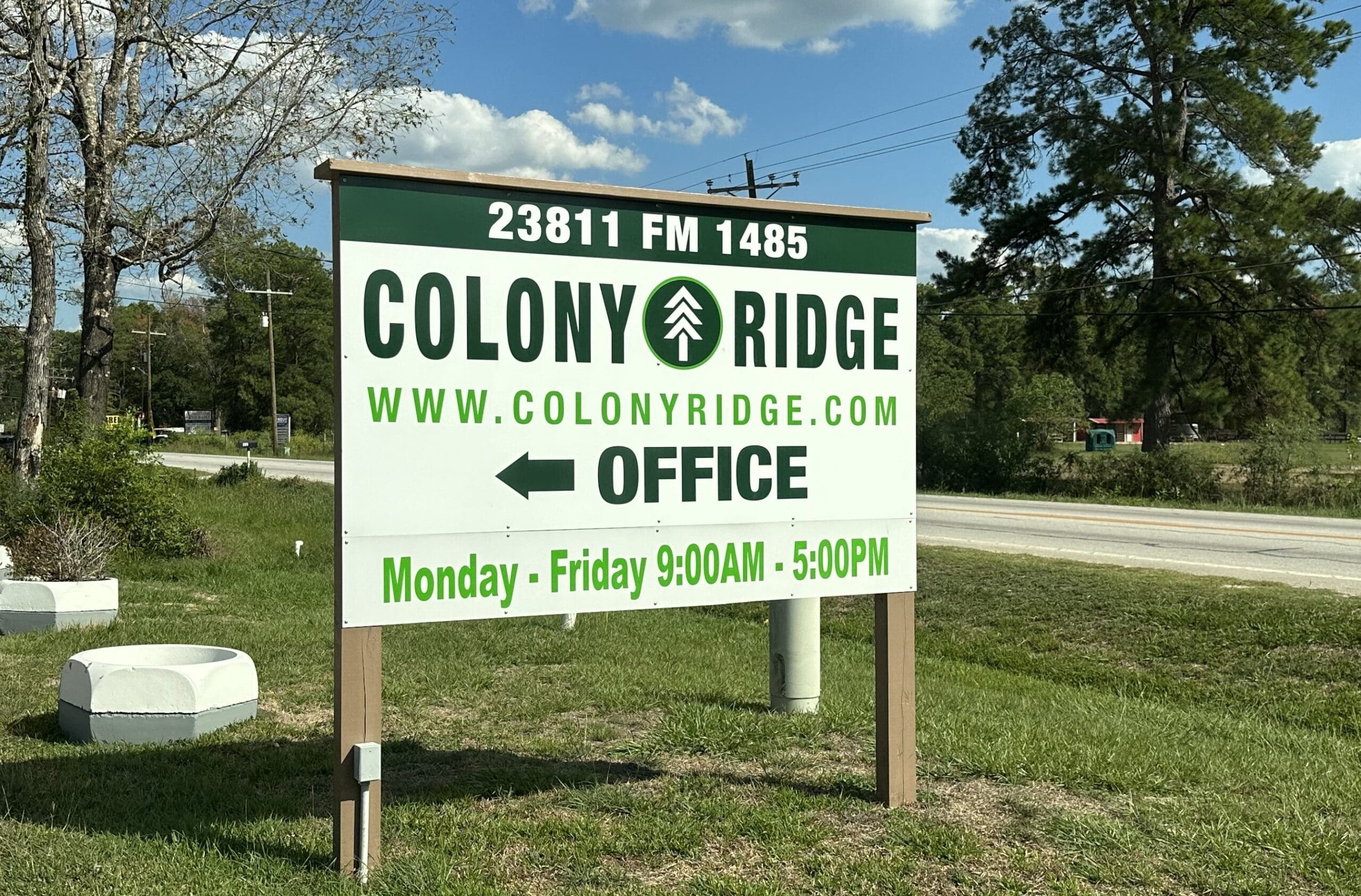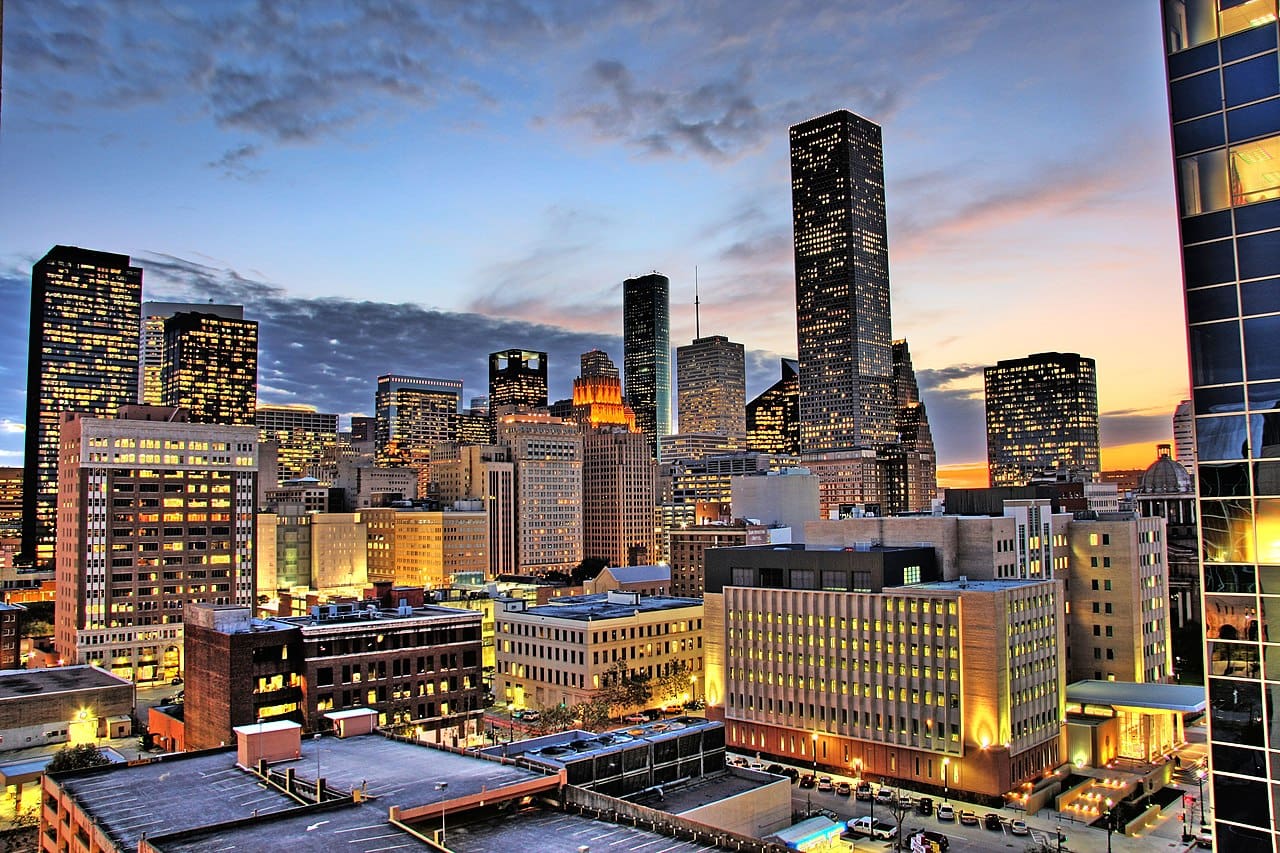Now under the national spotlight, Colony Ridge—the massive housing development north of Houston that has been criticized for marketing to illegal aliens—is attempting to smooth over concerns from citizens and lawmakers alike.
The development is home to the fastest-growing Hispanic population in the country and one of the fastest-growing school districts in Texas. In 2020, the Colony Ridge settlement included approximately 20,000 residents. Now that number has grown to between 50,000-75,000 and is set to grow even further in the coming years.
Notably, Terrenos Houston, the marketing program for Colony Ridge, advertises to illegal aliens by indicating they do not require traditional bank loans, nor do they need Social Security numbers or a proven job history. Instead, they operate through owner-financed lots for illegal aliens who don’t qualify for certain loans.
Colony Ridge has gained the attention of Gov. Greg Abbott, who indicated last week that he would add the issue to an upcoming special session. Lt. Gov. Dan Patrick also recently toured the area, noting that he and Abbott had spoken about holding hearings on the issue when the legislature convenes.
Additionally, the Republican Party of Texas as well as Texas’ Republican congressional delegation have called for action to be taken by the governor and the attorney general.
With the special session set to take place in less than one week, the developers behind Colony Ridge have invited state lawmakers to tour the facility on Thursday. (Texas Scorecard was given a similar invitation, but we did not receive a follow-up response when we said we would like to film their tour.)
While it’s unclear what the developers’ version of the tour will consist of, Michael Quinn Sullivan and I went to check out the development in person. Everything we saw reinforced the concerns voiced by citizens.
Located in Liberty County, the development is on the outskirts of what could barely be considered the Houston metropolitan area. Even the developer’s offices are a 15-minute drive from the housing area.
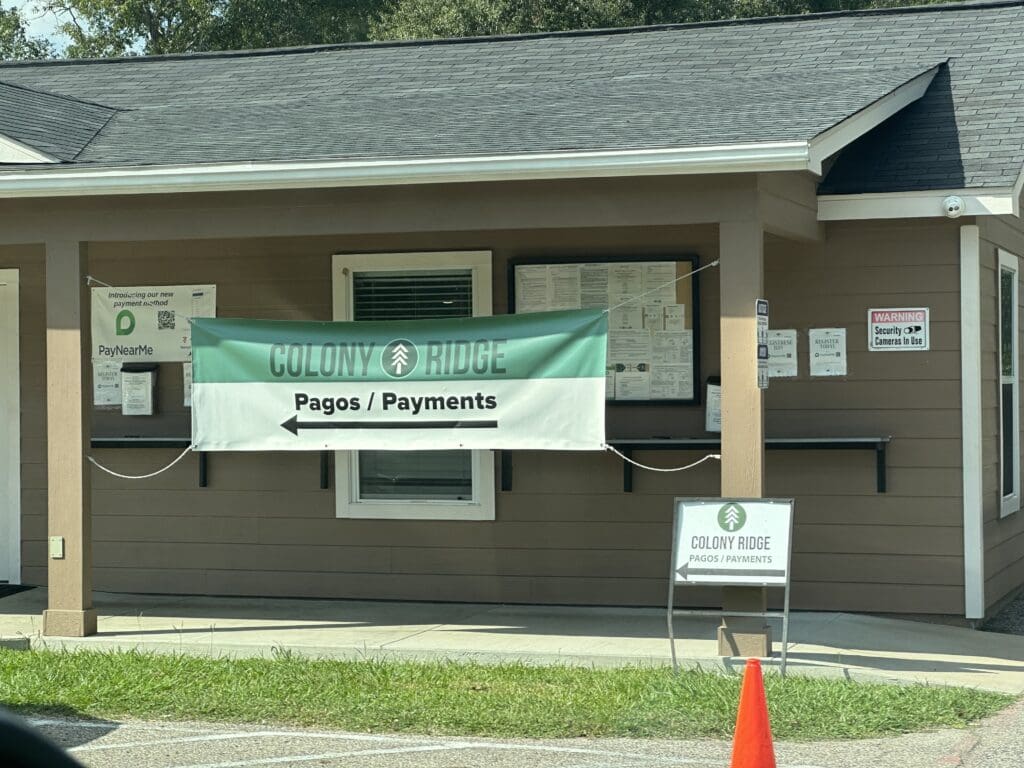

After entering the facility, the roads are the first thing one notices. Rather than asphalt, the shoddy roads are made of concrete with poorly painted striping, as if done in a rush. There are no streetlights and few traffic signals.
As has been widely reported by now, much of the development consists of poorly maintained mobile homes and pre-fabricated houses.
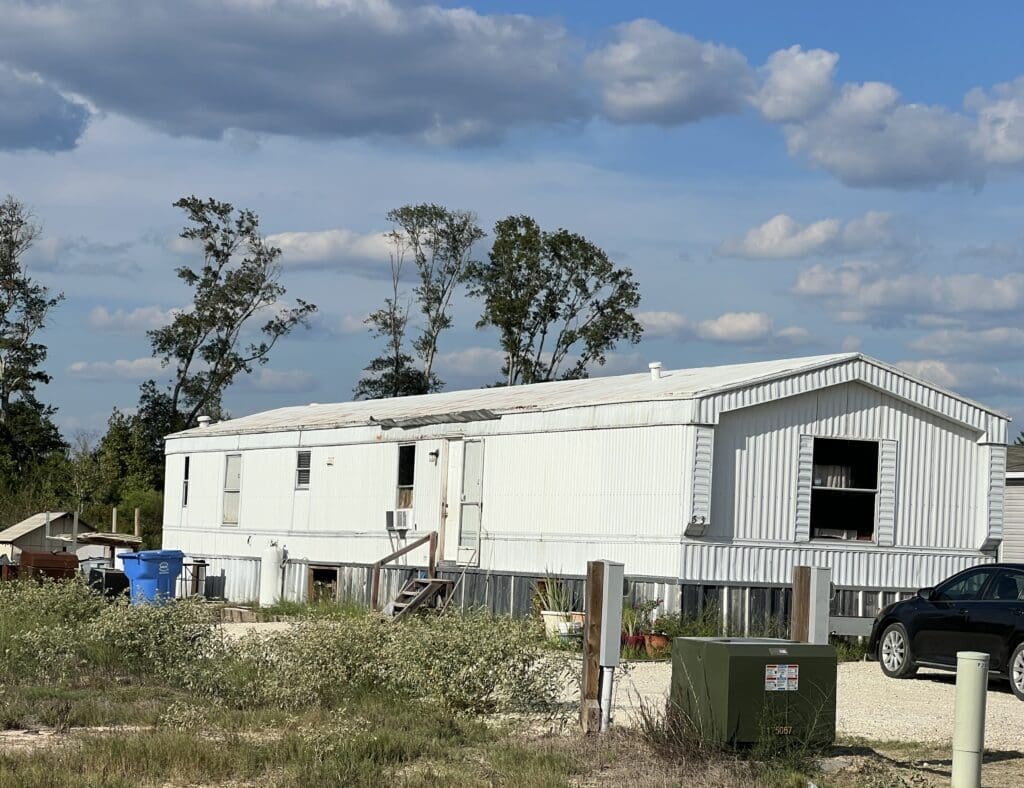
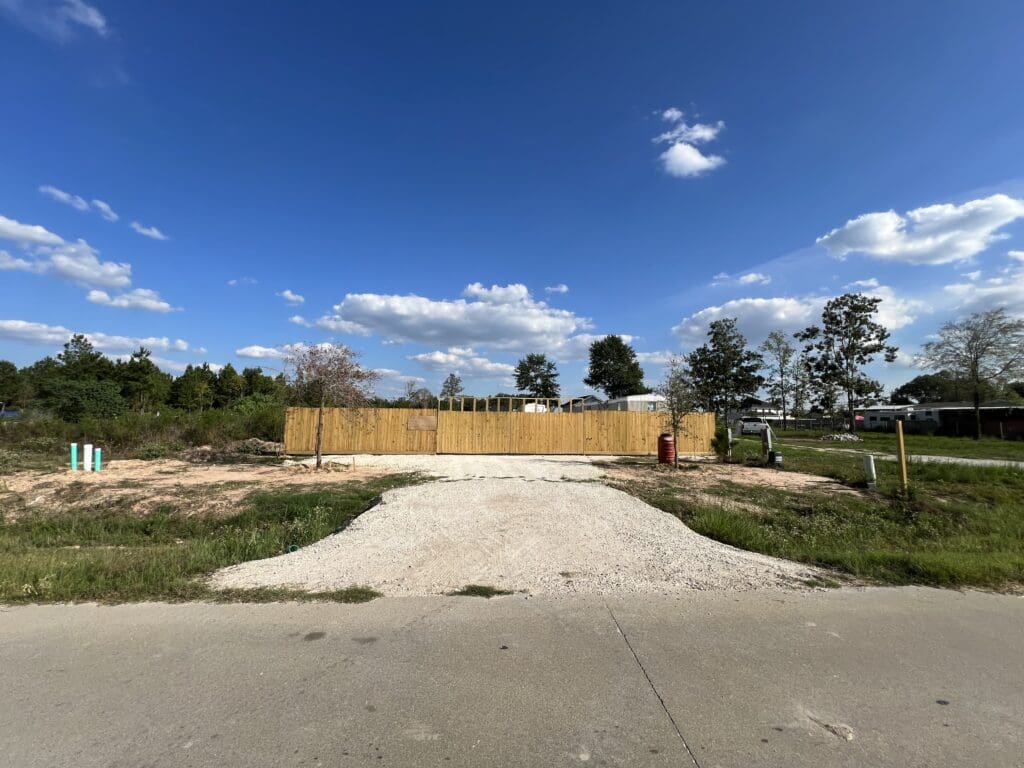

In other cases, houses have been left seemingly abandoned in the middle of construction.
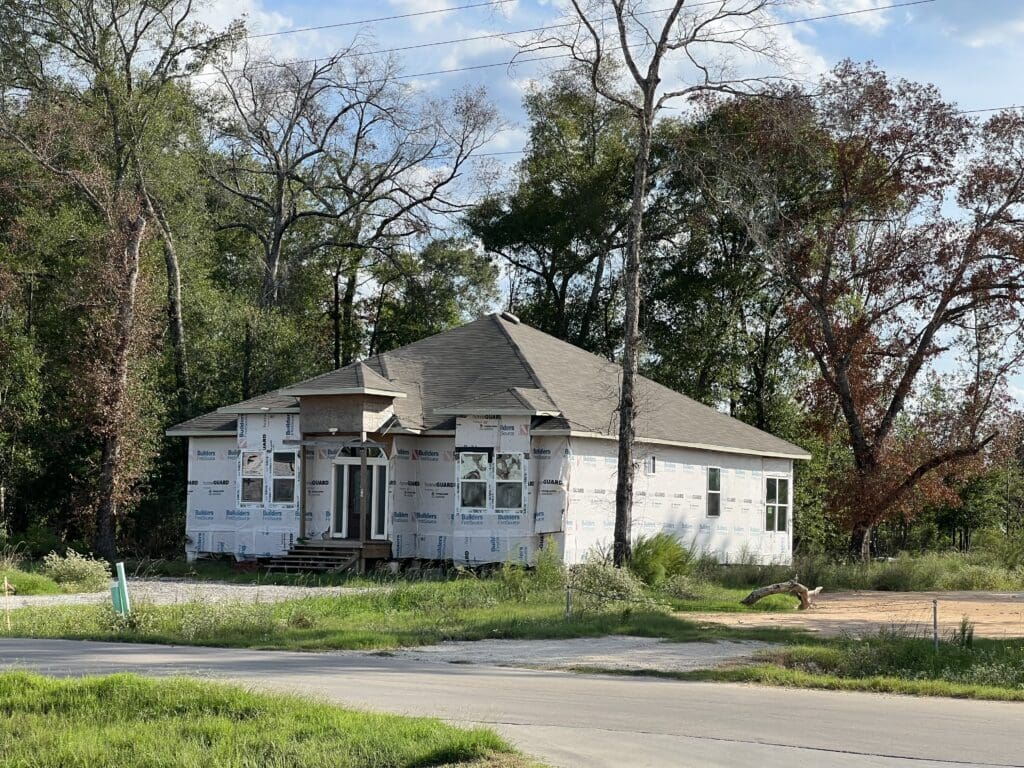
Mexican flags were flown proudly throughout the neighborhood.
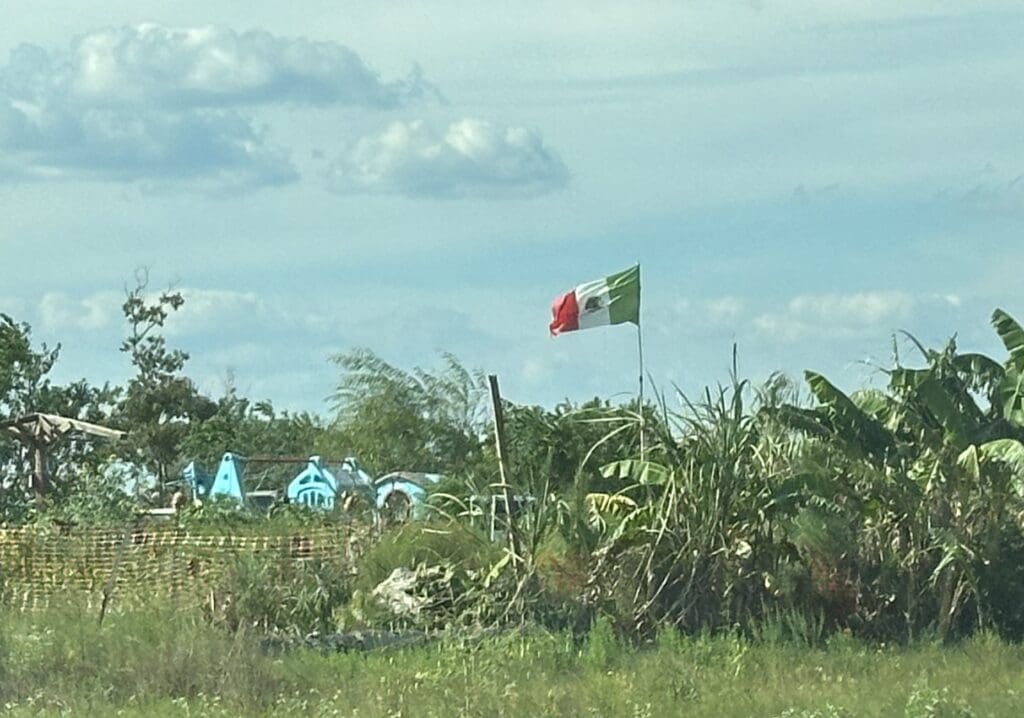
Perhaps most striking, however, is the variance between residences. The few well-constructed brick houses in the development sit across from or adjacent to dilapidated homes.
Signage posted at a construction site offers a potential answer into why this is.
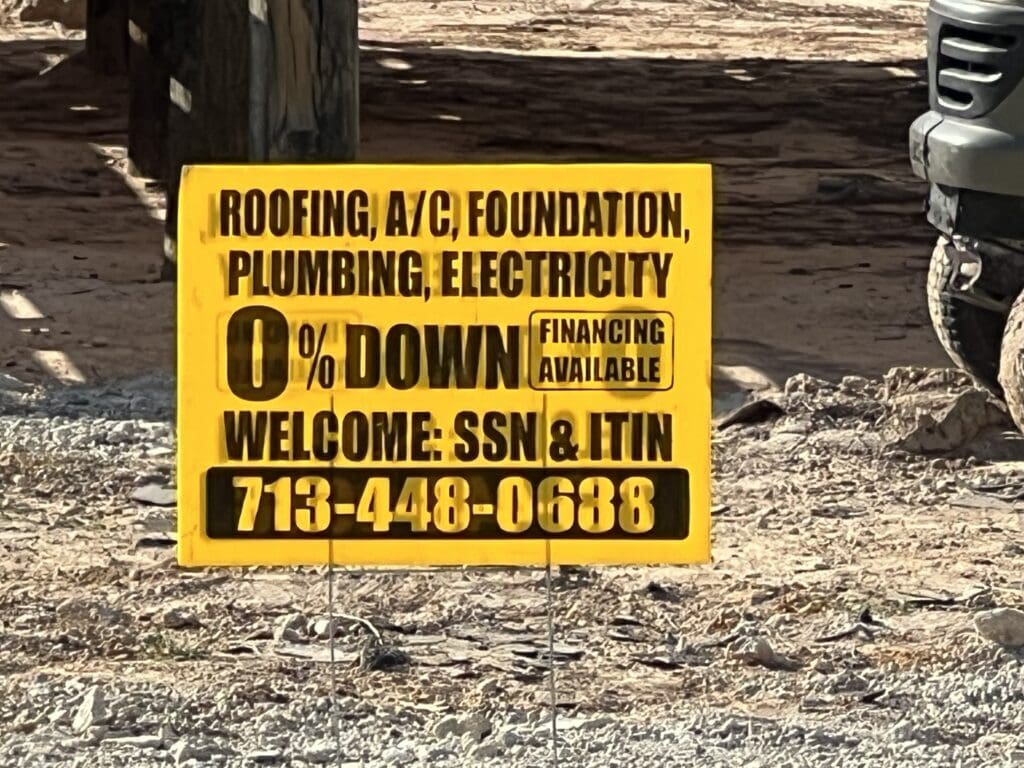
Promising zero-percent down financing, the signs state “ITIN”s are welcome.
ITIN stands for Individual Tax Identification Number. These can be issued to anybody, regardless of citizenship status, and are thus attractive loans for illegal aliens despite high-interest rates.
The development has already planned for future expansion. Many of the roads in the area are filled with empty lots, waiting for new buyers.

The special session is slated to begin Monday, October 9.
